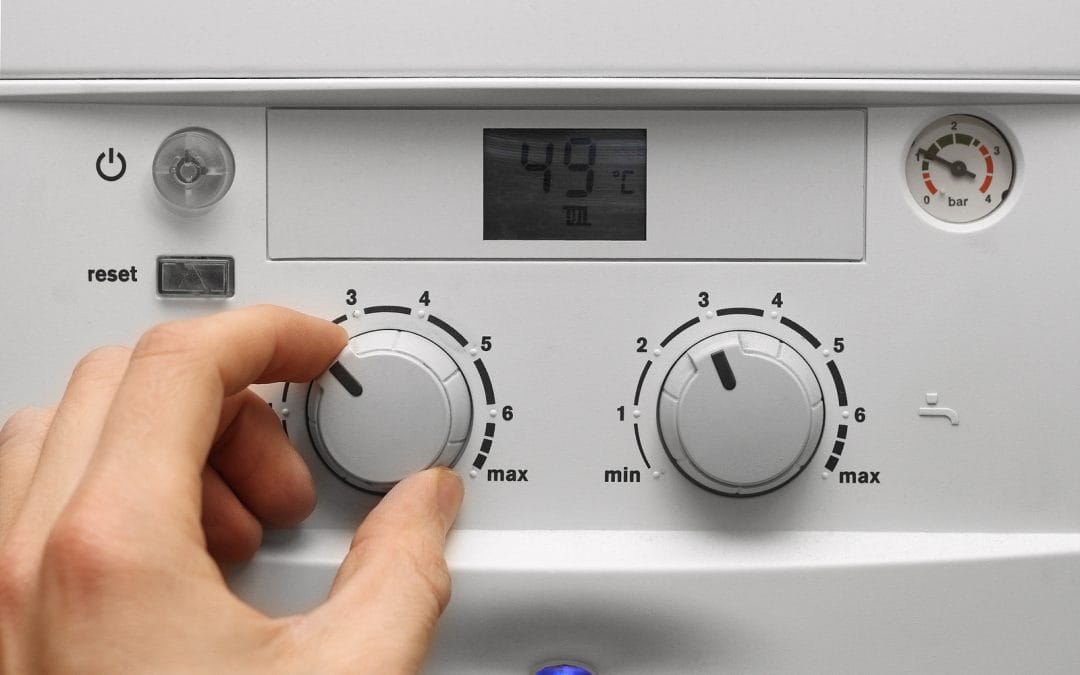The summer months often fly by, particularly as it is by far the best time to get your boiler serviced, repaired and maintained to ensure that it is ready to keep your home warm during the coldest parts of winter.
During the hottest part of the year, particularly during heatwaves, homeowners will generally employ various measures to ensure that the heating is off and remains off.
For many people with combi boilers and smart thermostats, it is simply a matter of ensuring that the set temperature is not so high that the heating will turn on automatically.
In other cases, particularly with traditional boilers that have a separate hot water storage tank, some people may opt to turn off their boiler and heating system entirely, only turning it on a couple of times each month to ensure that there are no major issues that an engineer would need to address.
At some point, however, everyone will need to turn the heating back on, not only for the health of the boiler but for the health of everyone in the home.
It is a very common debate, one that varies from a simple feeling to an exact science, but here are some of the best times to turn the boiler back on.
When The Clocks Go Back
For some people, this is a discussion with a single definitive answer; you turn on your central heating when Daylight Savings Time ends, which this year would be on 26th October.
There is some method behind this; by late October, the average temperature tends to fall significantly and consistently, the days get shorter and the nights get longer, and other attempts to keep warm simply do not work. It is also a date that is easy to remember, given that the clocks go back as well.
Whilst this can be a useful rule of thumb, a particularly long late summer period or a lengthy cold snap in September or earlier in October can necessitate turning on the heating sooner, so rigidly sticking to this date during an unseasonal cold snap can risk your boiler and your health.
When Indoor Temperatures Fall Below Room Temperature
Another metric that is increasingly used in the age of smart thermostats is to turn the heating back on when the room temperature lowers to the point that leaving the boiler off could cause potential health issues.
A study by Public Health Wales found that temperatures under 18 degrees Celsius for healthy adults and under 23 degrees Celsius for vulnerable people (people with long-term health issues, older people and young children) were linked to respiratory and circulatory health issues, lack of sleep and overall poorer health.
Beyond direct health concerns related to the cold, letting rooms reach temperatures below 13 degrees Celsius increases the risk of mould, mildew and damp, which can lead to long-term respiratory complications.
When Other Ways To Stay Warm Stop Working
During September and October, the average temperature will begin to trend downwards, but it can take some time to notice, particularly if your home is well-insulated and you take advantage of other forms of heating.
Besides wearing an extra layer of clothing, using a hot water bottle or an electric blanket, hot drinks and warm filling food, draught excluders on the door, having heavy curtains that you close at night to keep the heat in, rugs on bare floors and using thicker duvets at night can all help to save money during a cold snap.
However, there is typically a tipping point where the average temperature gets so cold that other, more passive methods to keep warm no longer work effectively, and at that point, it is typically time to turn on the central heating.
Whenever There Is A Cold Health Alert
The Cold-Health Alert system is an early warning system that alerts people of blizzards and cold weather events that are significant enough to risk the health and wellbeing of people.
Whilst the alert system was designed for use by government departments, charities, community health departments, health and social care and first responders, the system is free to use and can be an effective way to avoid risking issues with your boiler.
Generally, the system only turns on from November to April, but if there is a sudden cold snap, the system will issue an extraordinary alert, which will often be picked up by weather services, temperature apps and news sources.
Ultimately, whilst prioritising economy is important, protecting your long-term health is key, and that might mean turning on your boiler earlier than you might expect or like.

